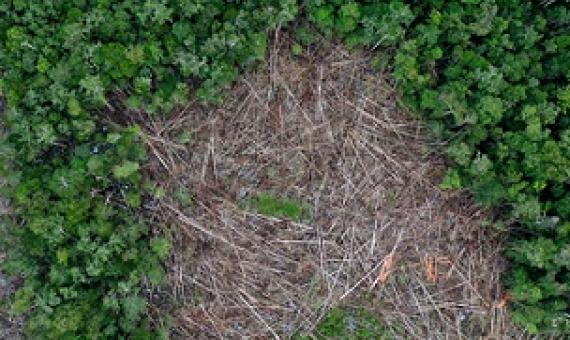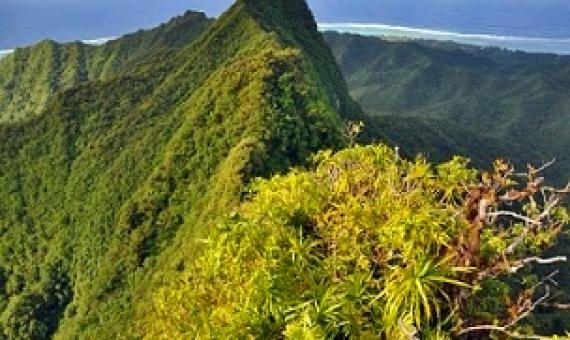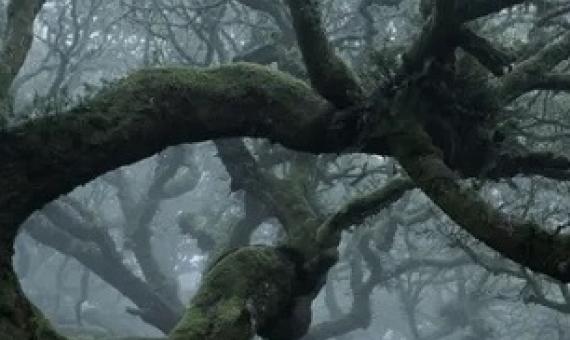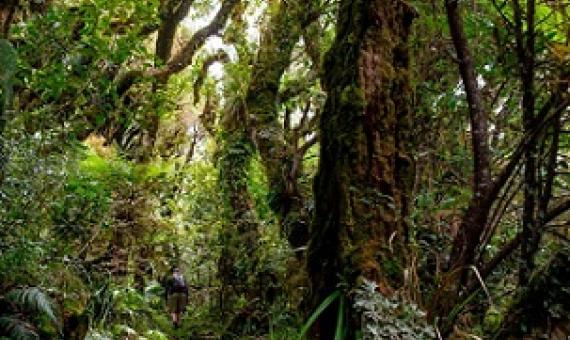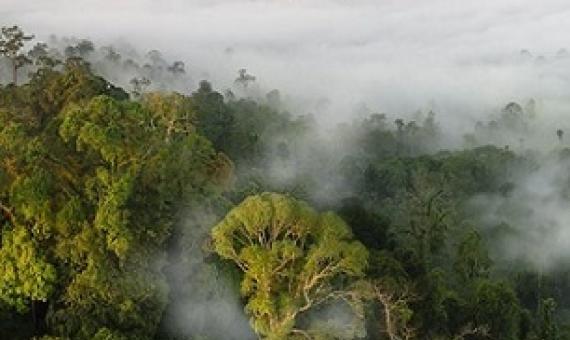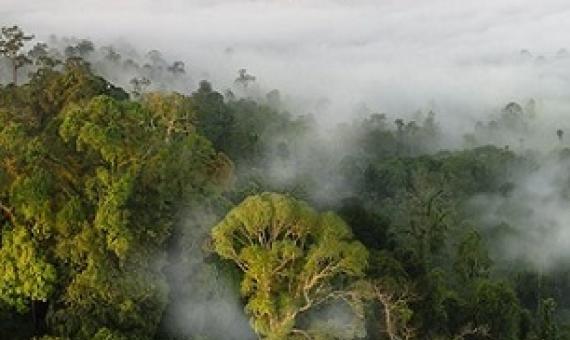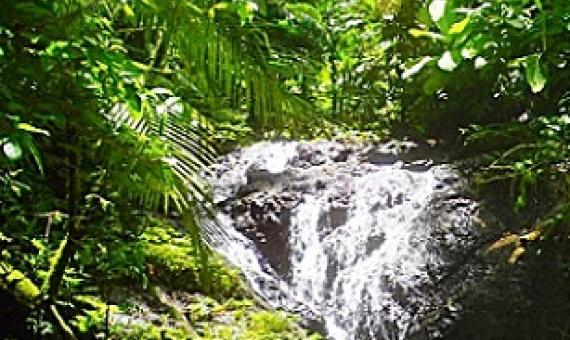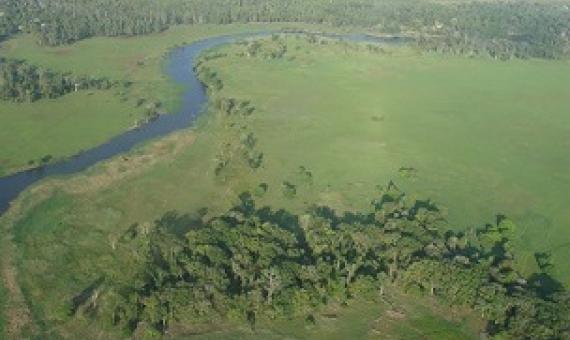A team of leading researchers have produced global maps for the six main threats affecting terrestrial amphibians, birds and mammals: agriculture, hunting and trapping, logging, pollution, invasive species, and climate change.
Missing metadata—data that provide information about other data—might not sound like a big deal, but it's a costly problem that's hindering humanity's plans to protect the planet's biodiversity.
Biodiversity...underpins the resources needed for the survival of life itself. However, species are becoming extinct faster than ever, and humans are largely to blame.
We have a slow food movement and a slow travel movement. But we’re missing something, and its absence contributes to our escalating crisis. We need a slow ecology movement, and we need it fast.
In June 2018, 180 cars fanned out across Denmark and parts of Germany on a grand insect hunt.
In 2017, an evolutionary biologist named R. Alexander Pyron ignited controversy with a Washington Post commentary titled “We don’t need to save endangered species.
The global economy faces annual losses of $2.7 trillion by 2030 if ecological tipping points are reached and countries fail to invest more in protecting and restoring nature, the World Bank said on Thursday, calling for a greener COVID-19 recovery.
An inception workshop to begin the Global Environment Facility (GEF) 7 Project Initiation Planning Stage was held recently...The Workshop seeks to develop an action plan for the project, and in doing so safeguard Solomon Islands endemic and global threatened biodiversity and ecosystem services fr
Climate change threats to life on Earth are systemic, interconnected and on a scale unprecedented in human history, the UN's climate science advisors have warned in a draft report...The report warns that after previous drastic climate shocks like the one currently facing the planet, the
Thinking globally and acting Locally. PNG is playing its part to save the planet. We have what is recognised as one of the most significant areas of intact tropical rain forests in the world, and often referred to as the 'lung' of Asia and the Pacific.

